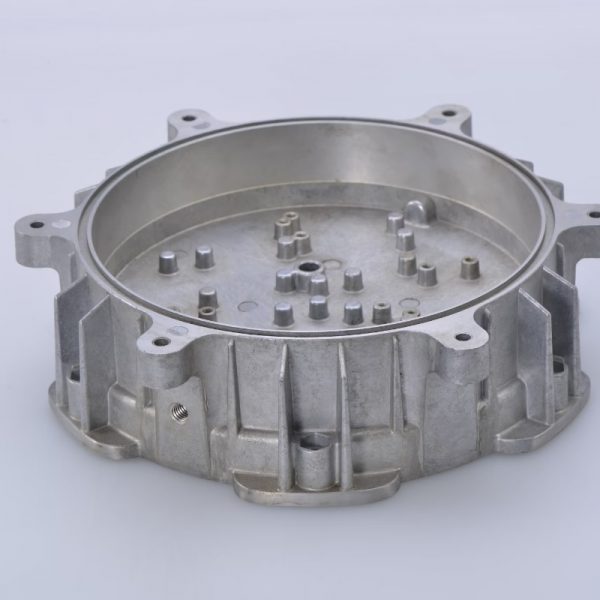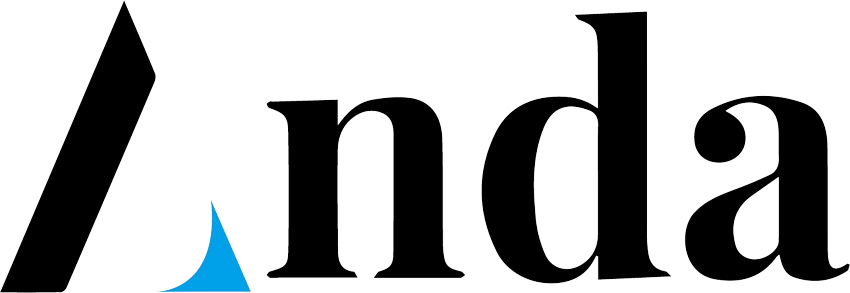Die casting
Die casting offers several advantages, making it a preferred manufacturing method:
- High Precision: Die casting enables the production of intricate and precise metal components with tight tolerances, ensuring consistency and accuracy.
- Cost Efficiency: The process is cost-effective for large-scale production due to reduced material waste, shorter production cycles, and minimal finishing requirements.
- Complex Geometries: Die casting accommodates complex shapes and intricate details, providing design flexibility for engineers and designers.
- High Strength: Die-cast parts exhibit high strength and durability, making them suitable for applications that require robust and reliable components.
- Rapid Production: Die casting is known for its fast production cycles, contributing to quick turnaround times and meeting market demands efficiently.
- Material Variety: A wide range of metal alloys, including aluminum, zinc, and magnesium, can be used in die casting, offering versatility for different applications.
- Surface Finish: Die-cast parts often require minimal post-processing, as the process produces smooth surfaces and fine details, reducing the need for additional finishing.
- Dimensional Stability: Die casting results in parts with high dimensional accuracy and stability, ensuring consistent quality across large production runs.
- Environmental Considerations: The process minimizes material waste, and recyclable metals can be utilized, aligning with environmental sustainability goals.
In summary, die casting’s advantages include precision, cost efficiency, design flexibility, strength, rapid production, material versatility, excellent surface finish, dimensional stability, and environmental friendliness.

